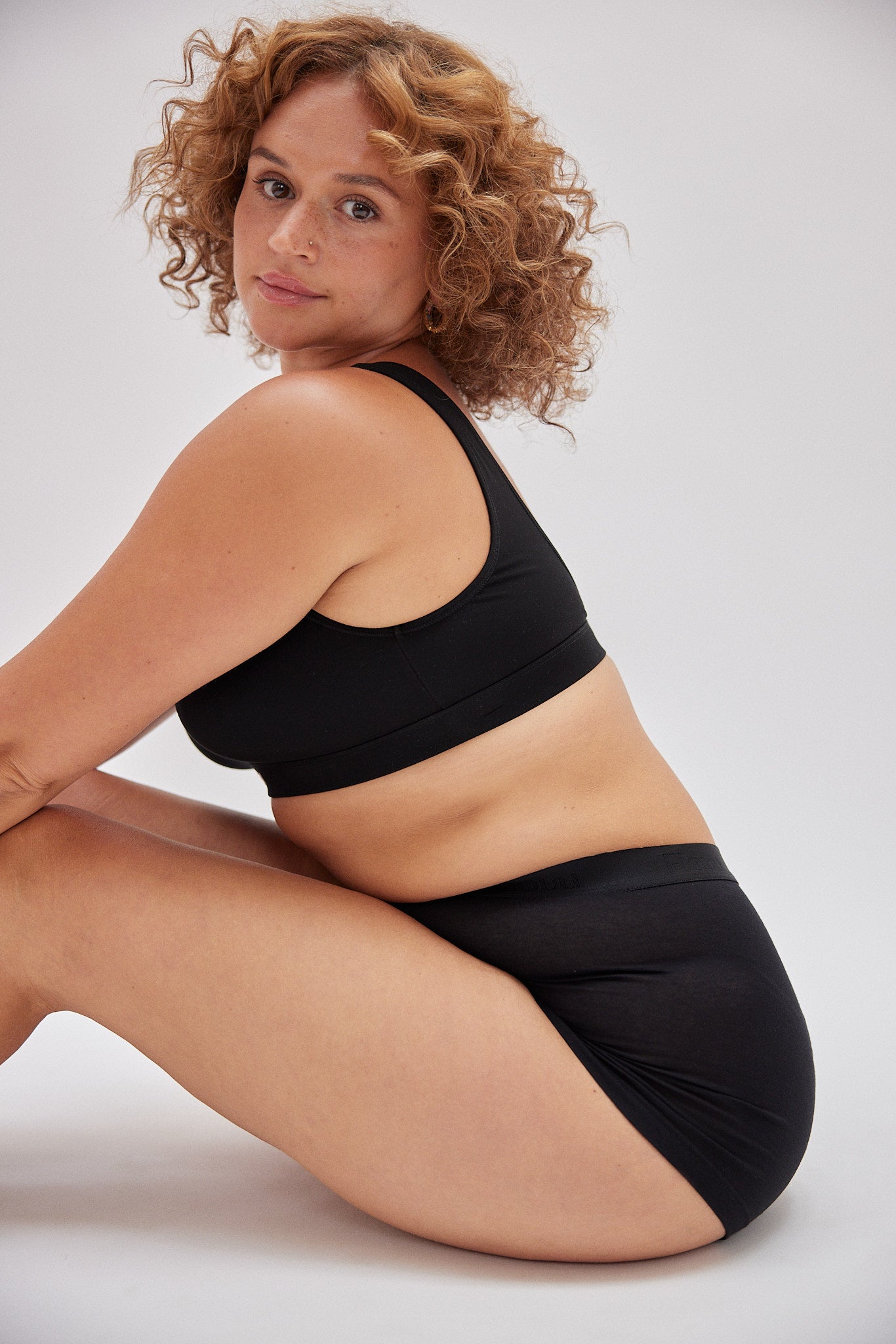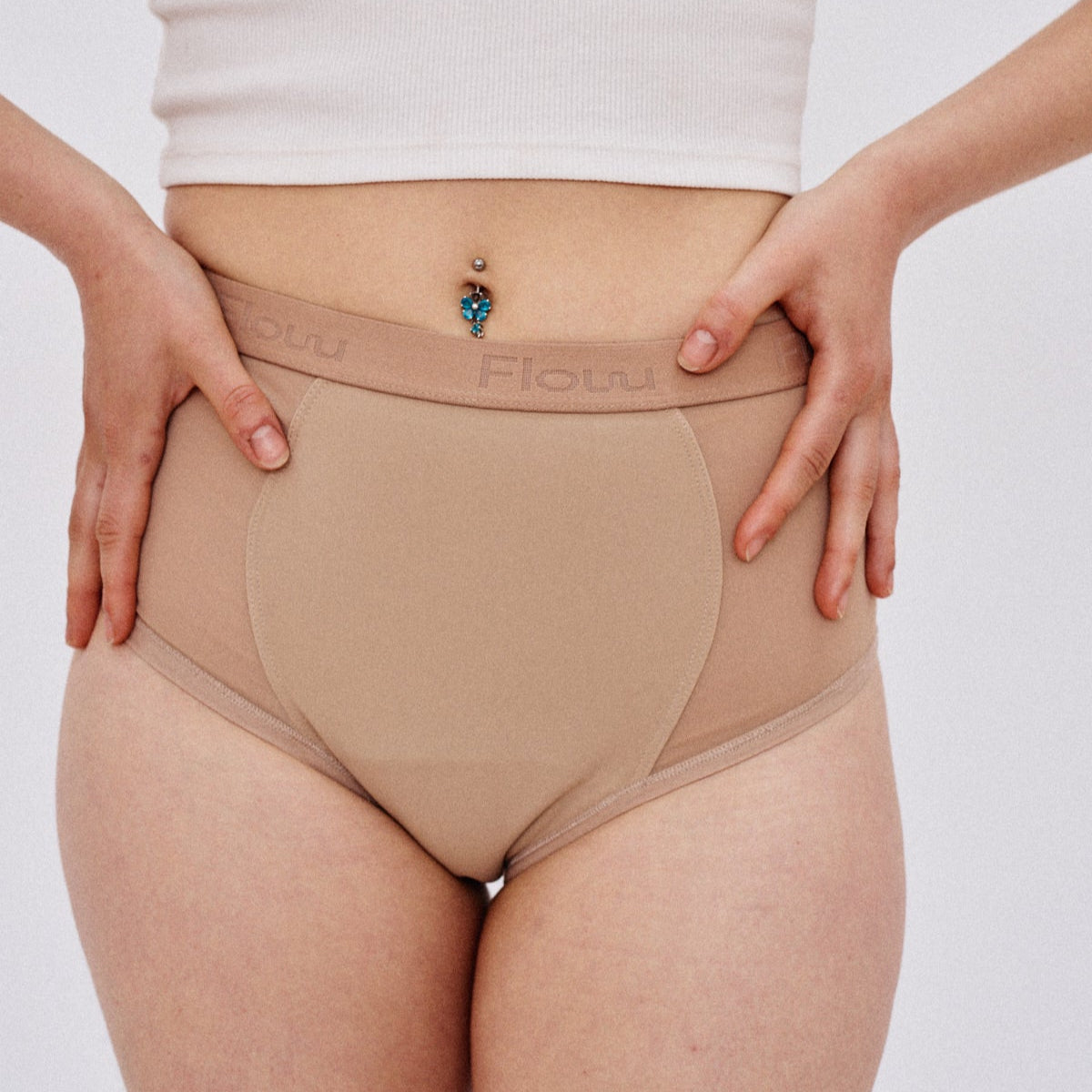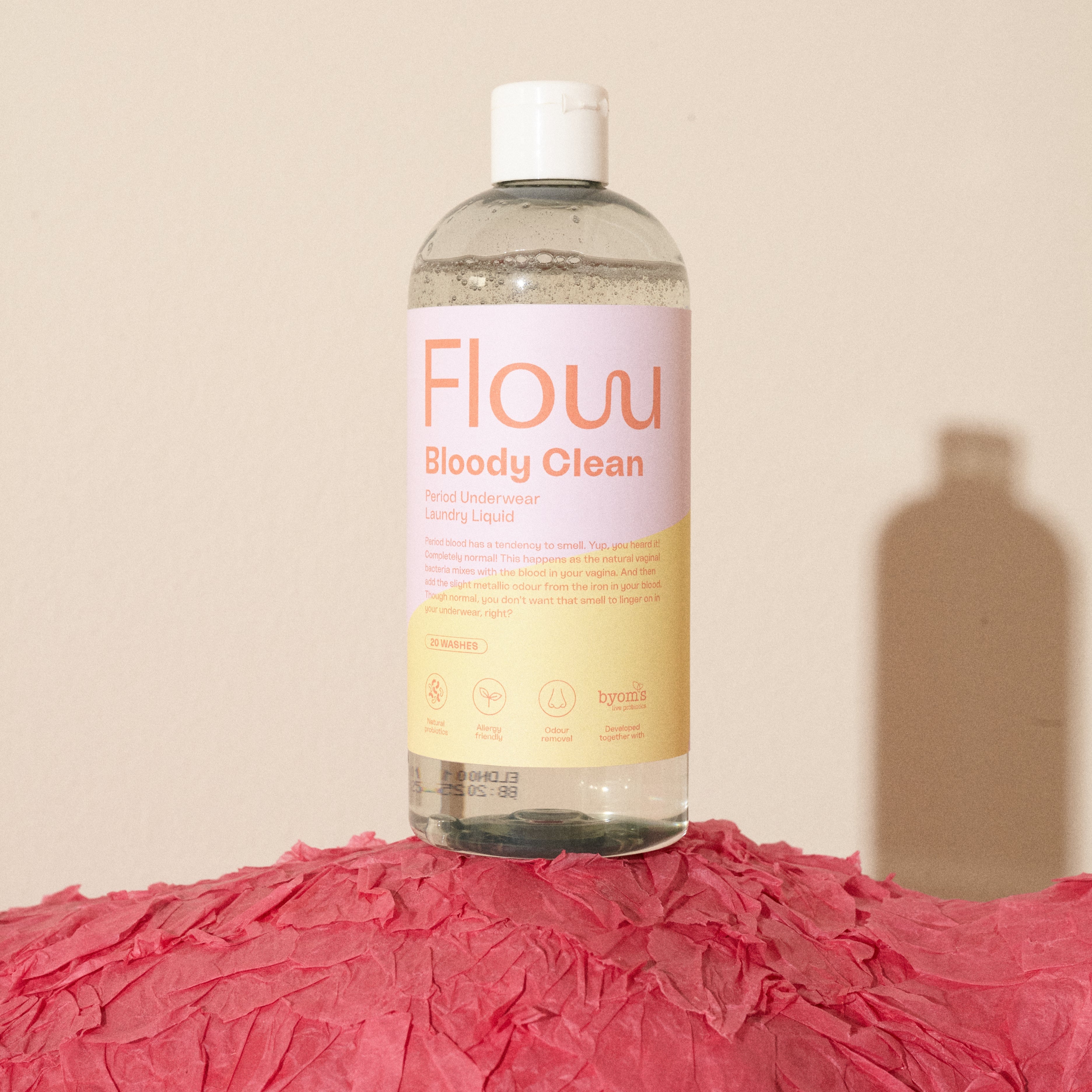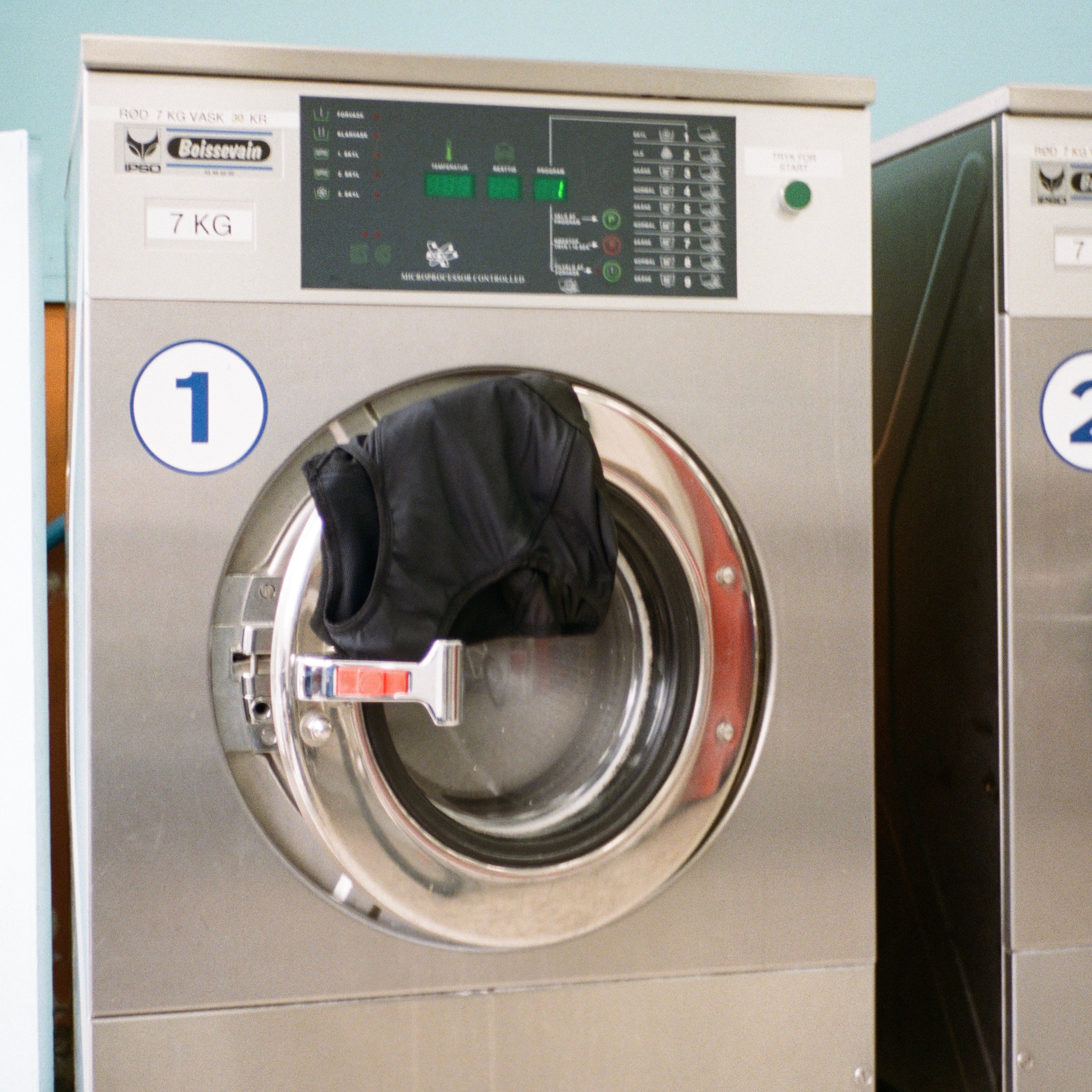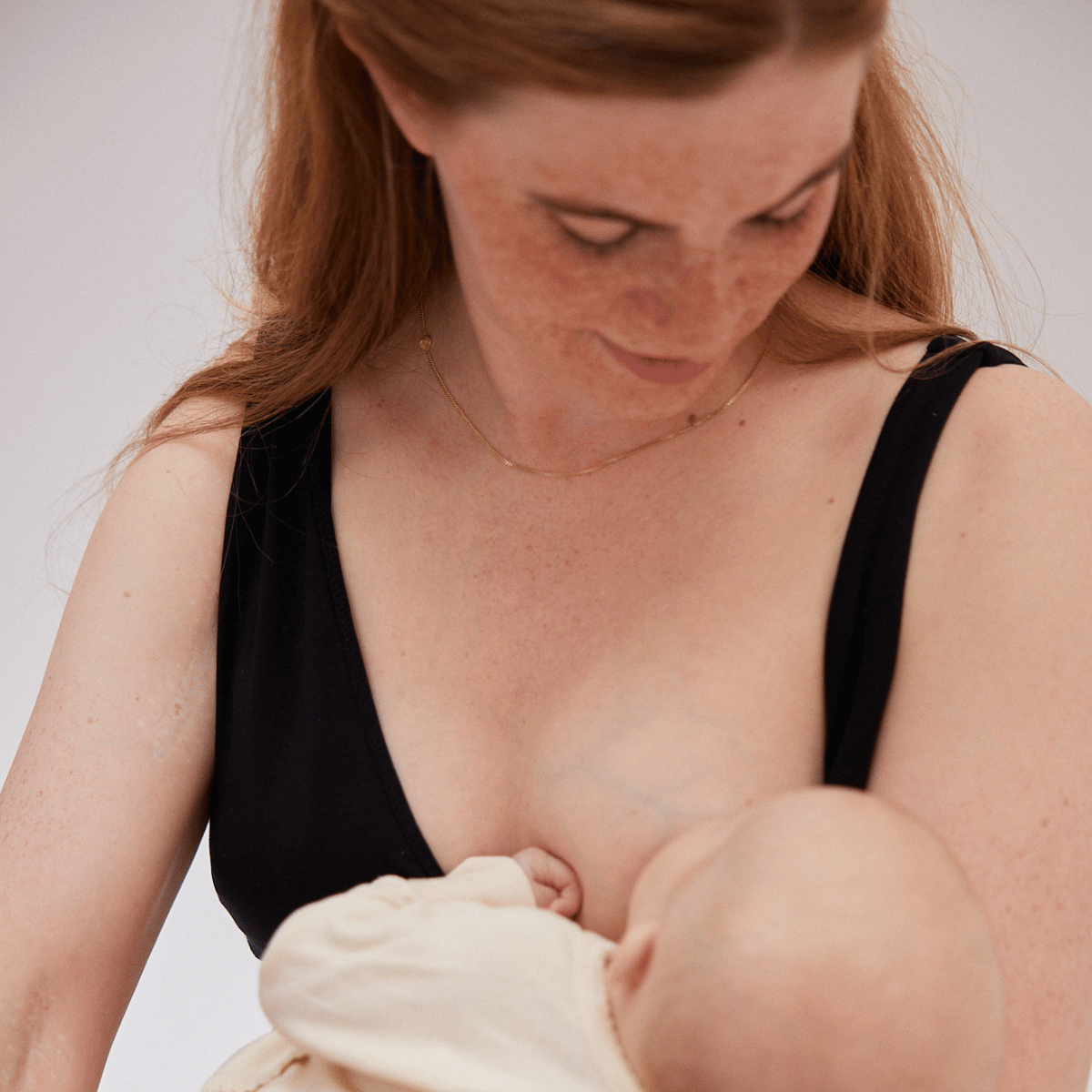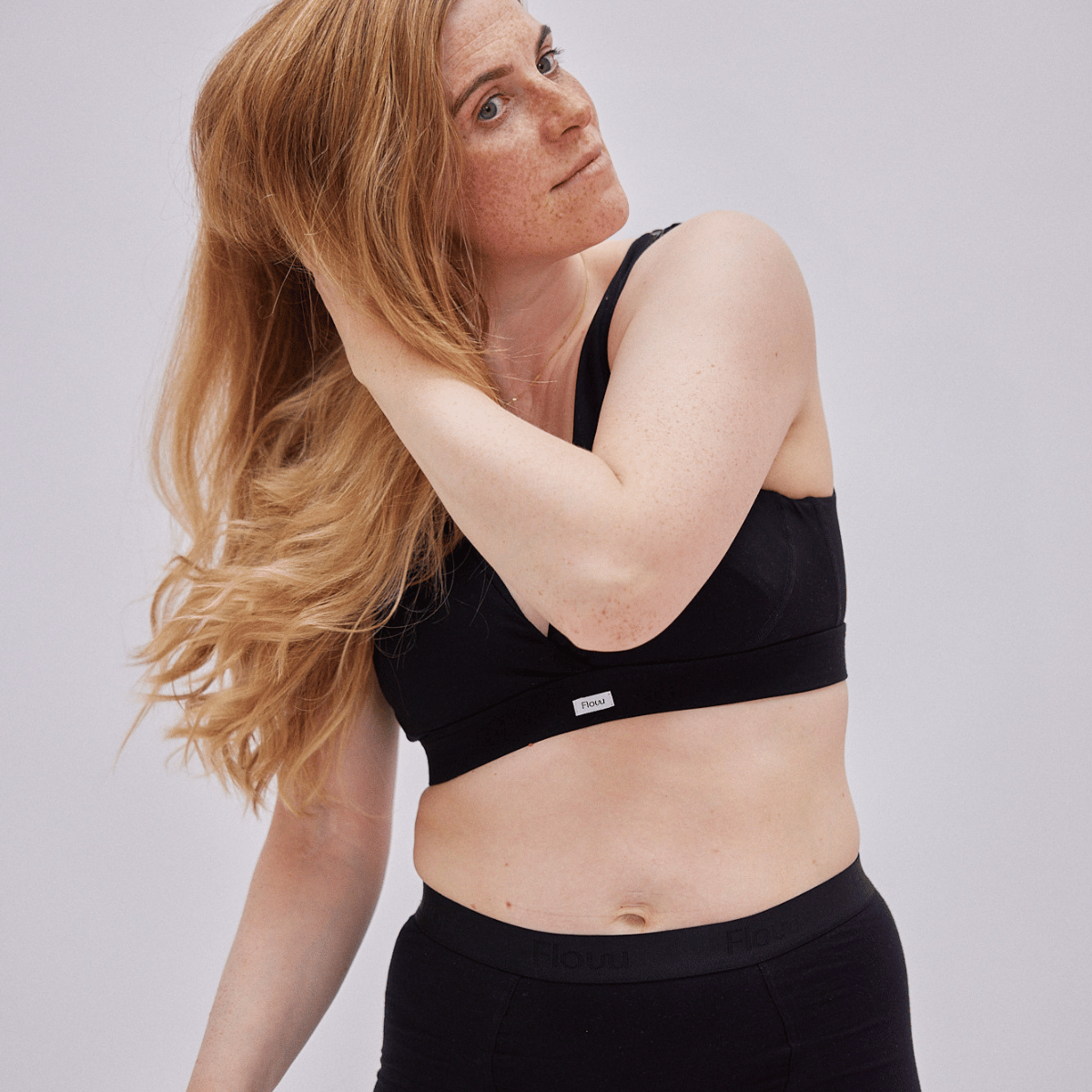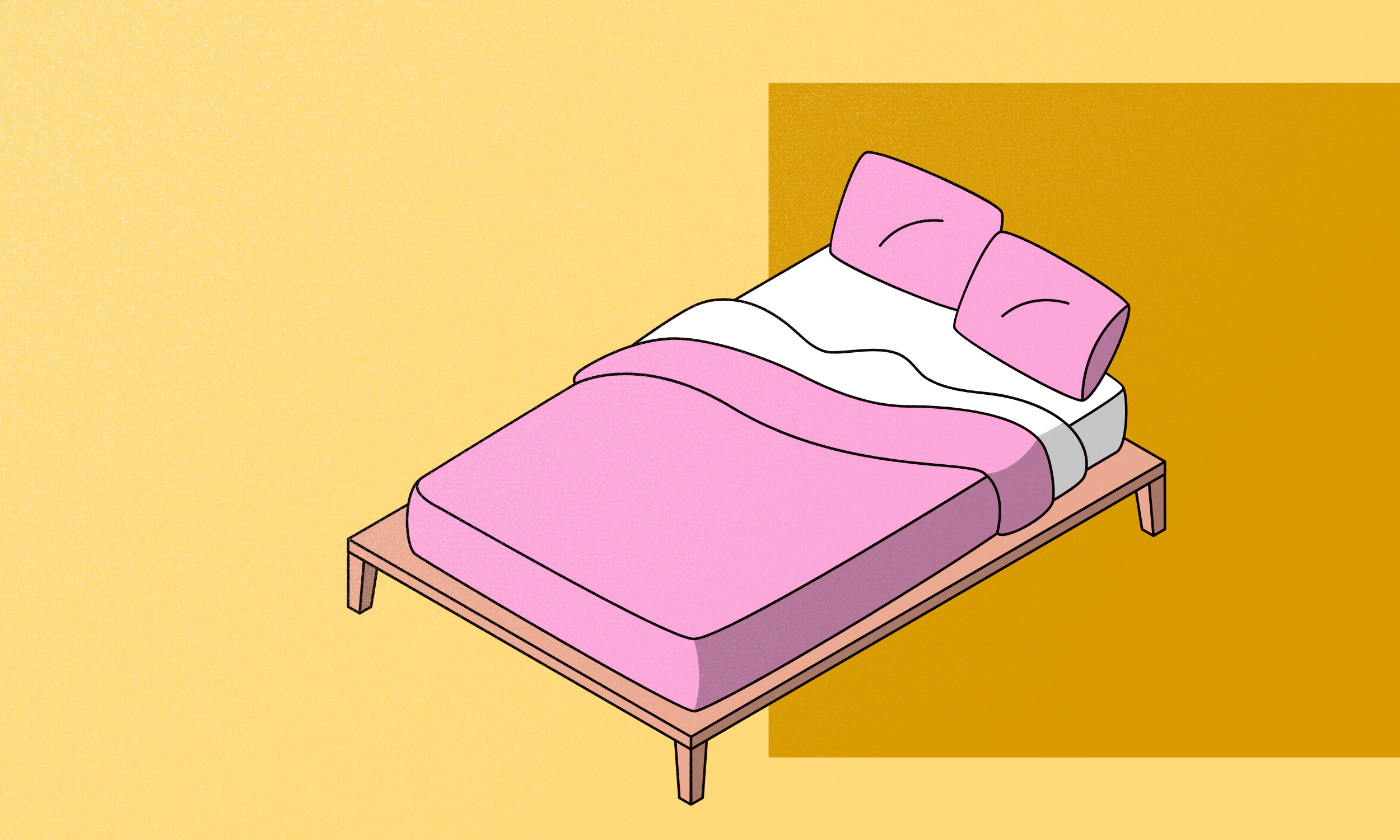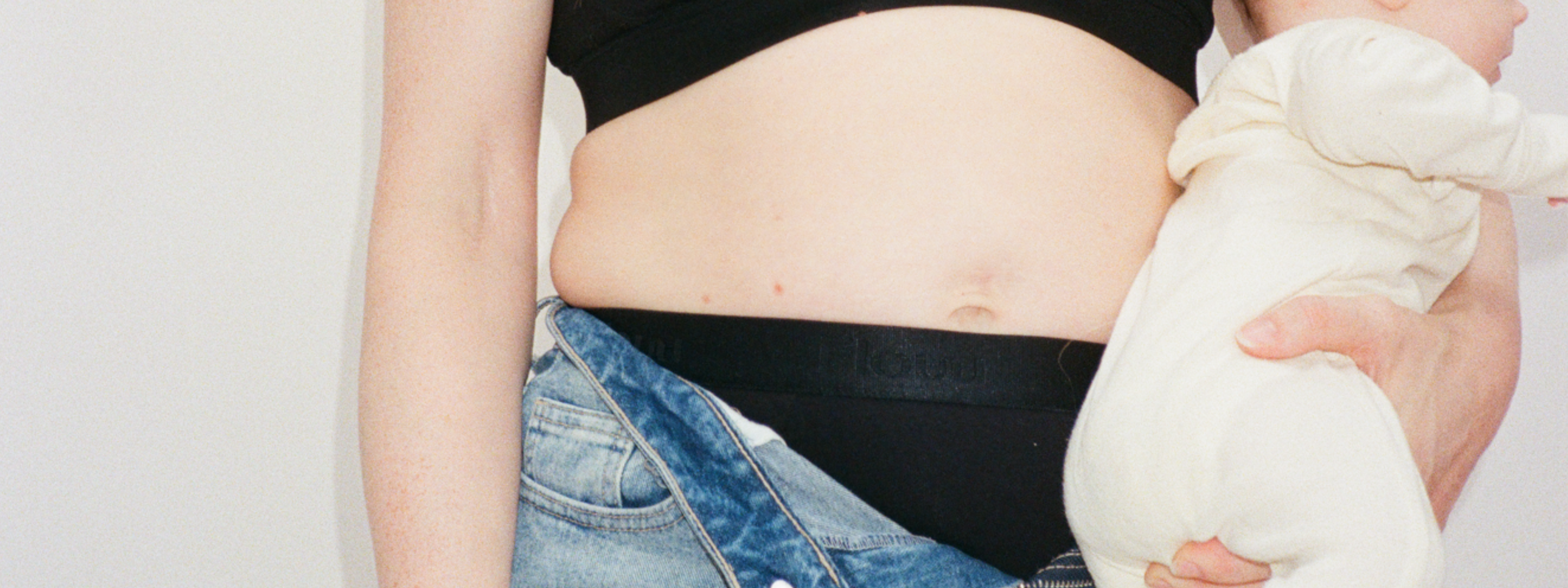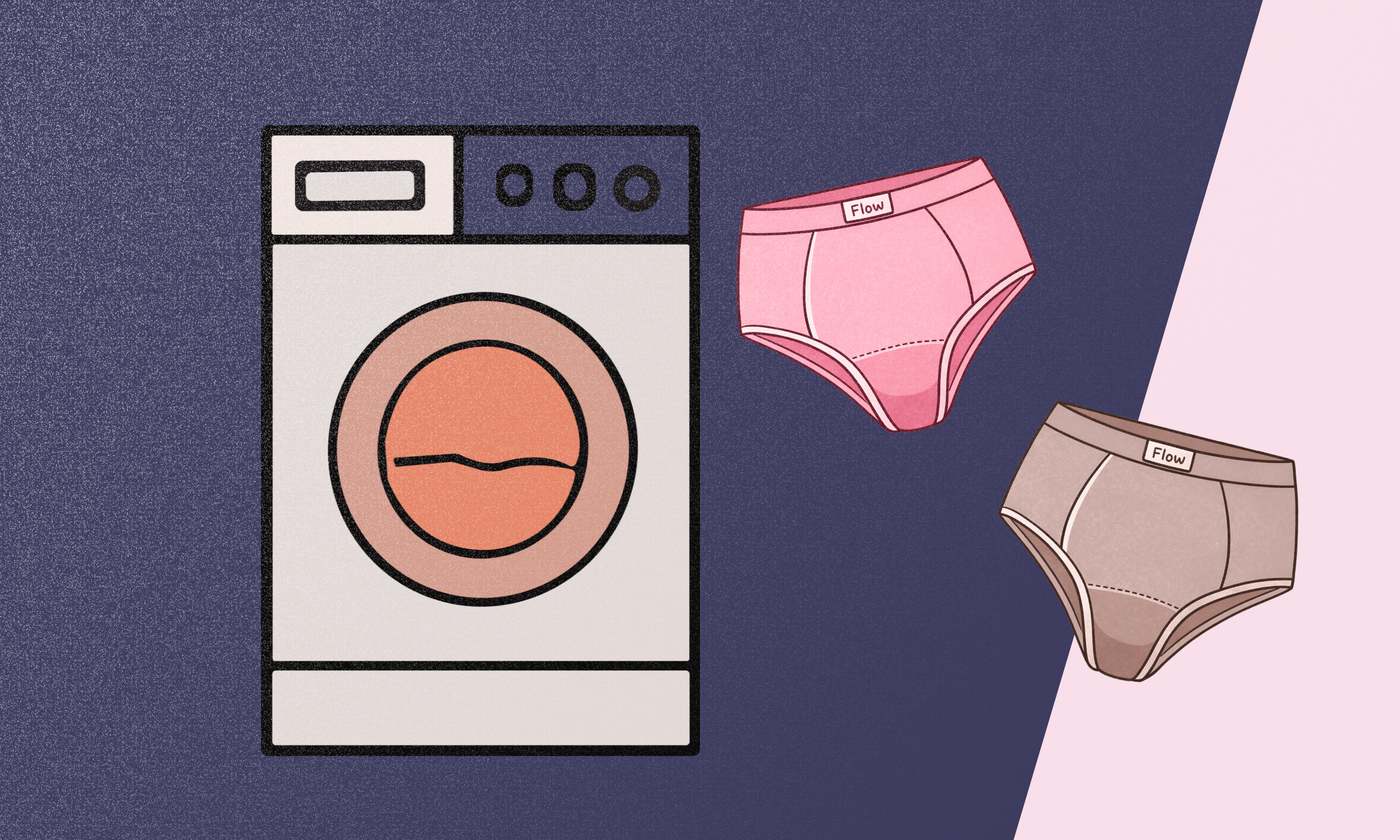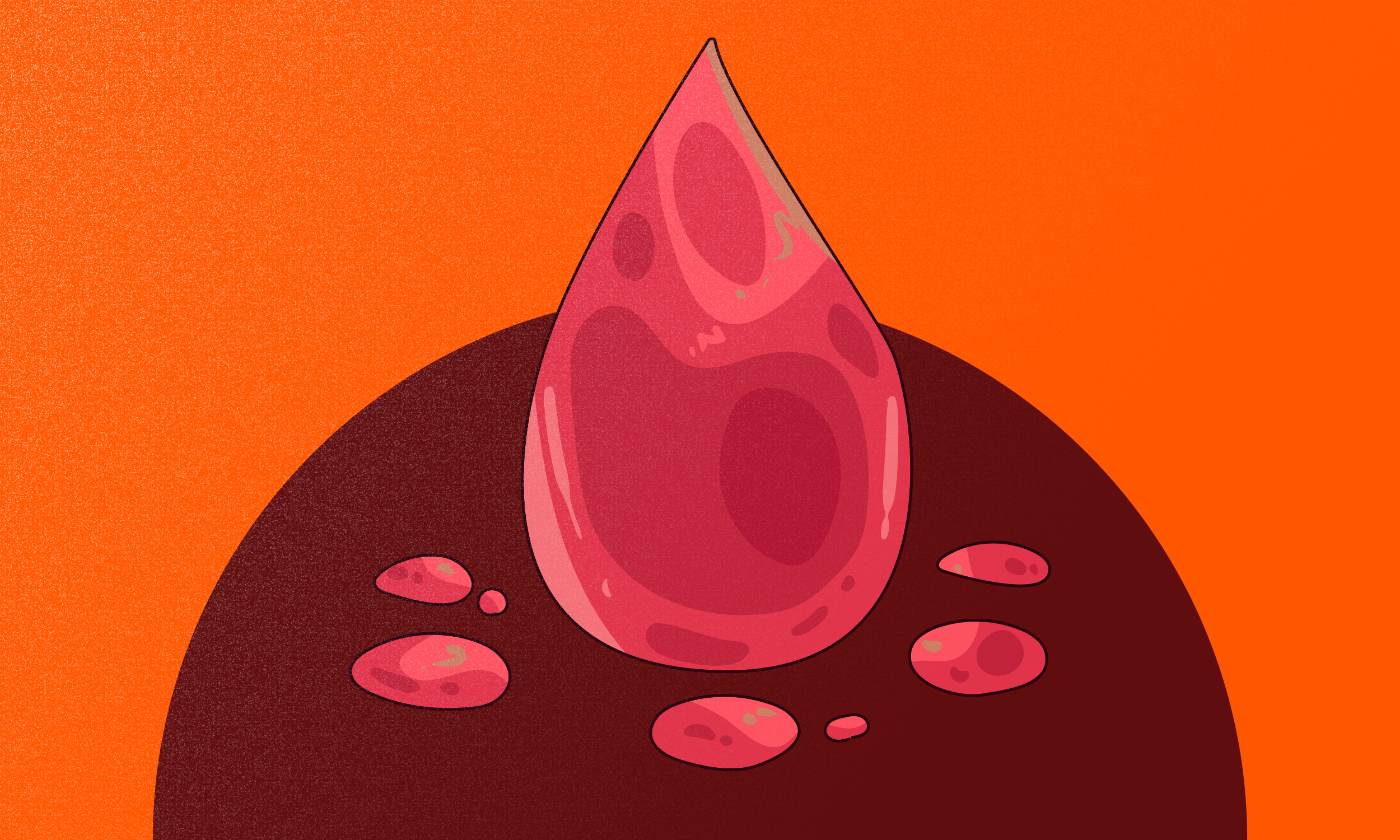Why do I experience pain during ovulation?

Have you experienced it too? A sudden pain, a jolt, typically on one side of the lower abdomen. At first you might think, "Am I not supposed to get my period now?" - you're only halfway through your cycle. Presenting to you: Ovulation pain. Or mittelschmerz, as they so beautifully call it in German, where it has its own name.
It wasn't something we ever heard about in biology class or sex education. But it exists, in fact 40% of women experience ovulation pain during a cycle, and it can feel SO intense. Like a sting, a growl, a cramp. For some it lasts a few minutes - for others it can last a day. What happens in the body right up until ovulation?
Let's dive into it together.
What actually happens in the body right before ovulation?
Ever since your first day of bleeding, several eggs in the ovaries have begun their maturation in the ovaries - the vast majority of eggs perish but one egg (or slightly more rarely 2 eggs (hey twins!)) makes it through. You typically release eggs from alternating right/left ovary - but the body is so smart that if you are missing an ovary or a fallopian tube, for example, the body compensates and only works with the intact part.
The egg itself has matured in a small follicle, which is a fluid-filled sac located in the ovary, and during ovulation the egg is released from the ovary, which can cause a small 'trauma', a rupture, in the tissue, causing the fallopian tube to 'catch' the egg and guide it down the uterus.
In addition, a little blood and fluid may flow out when the follicle ruptures, and this can irritate the peritoneum slightly.
And last but not least, there is also a slight change in hormones. 24-36 hours before your ovulation, the level of estrogen drops and in turn the level of LH ( luteinizing hormone ) increases - this is the hormone that can be measured on ovulation tests and which triggers ovulation itself. This change can also affect the uterus to move/contract a little.

How does it feel?
It varies how much you feel it - and some of you also describe how you had never felt ovulation pain before you had children. Suddenly you feel it so clearly (by the way, not super cleverly arranged by nature: Pain when you are most fertile, because sex may be the last thing you want to do).
You experience discomfort during ovulation such as:
- Stabbing or shooting pain on one side of the abdomen
- Mild tension or bloating
-
Some also experience a little spotting at the same time (here our Everyday panties with light absorption can be really nice)
Should I be worried?
Ovulation pain is quite common - even though we don't talk about it that often. And as a general rule, you shouldn't worry unless the pain lasts for several days, is very severe, or is accompanied by fever, nausea, or heavy bleeding. In this case, you should contact your doctor so that other conditions such as cysts, endometriosis, or infection can be ruled out.
What can I do to relieve ovulation pain?
First of all, it might make sense to track your cycle so that you can roughly predict when you will ovulate. Then the pain won't come as suddenly, and you can plan your day accordingly.
A heating pad or a warm bath can also help. Typically, the pain is so short-lived that it can help to simply spend an hour or two in bed, on the couch, or similar.
You may also need to take mild painkillers, such as ibuprofen or paracetamol. And if you are using hormonal contraception, this should completely eliminate ovulation pain, as ovulation is inhibited by the contraceptive.
Learn more about menstruation and cycles at Flow Journal
If you haven't had enough of reading about menstruation, you can learn a lot more about the subject. At Flow Journal, we have written a lot of articles about menstruation, cycles, mood swings and all the things that menstruation and cycles affect.
Remember to reach out to your doctor if you experience such severe pain that it is difficult to get through the day.
You can read many more articles here .
references: sundhed.dk, Harlow, SD, & Ephross, SA (1995). Epidemiology of menstruation and its relevance to women's health. Epidemiologic Reviews, 17(2), 265–286, Leone, FP, & Gordon, AG (1980). Mittelschmerz: A clinical study. Obstetrics & Gynecology, 56(6), 655–659.







